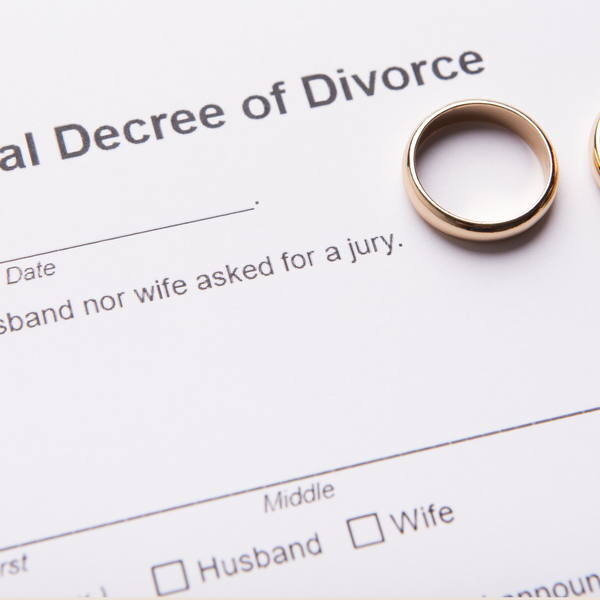Contested Divorce

A contested divorce in Michigan occurs when a couple cannot agree on the necessary components of their divorce, such as property division, alimony, child custody, support, and parenting time. These types of divorces are typically drawn out, tense, and taxing.
At the Michigan Divorce Firm, we understand that contested divorces are inherently stressful. If you are going through a contested divorce in Michigan, reach out to our office to help guide you through this difficult process. We help individuals who go through contested divorce in Michigan.
The Contested Divorce Process in Michigan
When a couple has reached an impasse in negotiating a settlement, the litigation process in contested divorces commences by the filing of pleadings in which both spouses will assert their respective claims and defenses. The defendant in the divorce action can file a countercomplaint for divorce. The purpose of the pleadings is to place the parties and the court on notice of the details of their respective claims. These claims seek a request for relief from the court, such as child custody and support, alimony, and the division of assets.
At the time of the filing of the complaint, the parties can seek temporary orders from the court to enjoin the parties from dissipating assets or an order to maintain the financial status quo.
The parties then go through formal discovery process, where each spouse (with assistance from their respective attorney) will seek to discover and uncover as much information about each other through the use of interrogatories, requests for documents and requests for admissions. Each spouse and other relevant witnesses can be deposed, where they answer questions under oath with a court reporter present.
Upon completion of discovery, a trial is set before a Michigan family law circuit court judge. A judge often orders mediation in an effort to help the parties resolve their differences prior to trial.
If mediation or negotiations fail to establish a settlement, the case will go to trial, where the judge hears the relevant facts of the case in order to make a final decision on any issues that both parties cannot agree on. The testimony of witnesses is heard and documents are submitted as exhibits to the court. Each attorney then will make closing statements, summarizing the pertinent facts and help the judge determine an appropriate ruling.
Let Us Protect Your Rights
You need a dedicated and skilled attorney to protect your rights during this complex, contentious process. Call the Michigan Divorce Firm at (888) 927-1499 for a free consultation.








